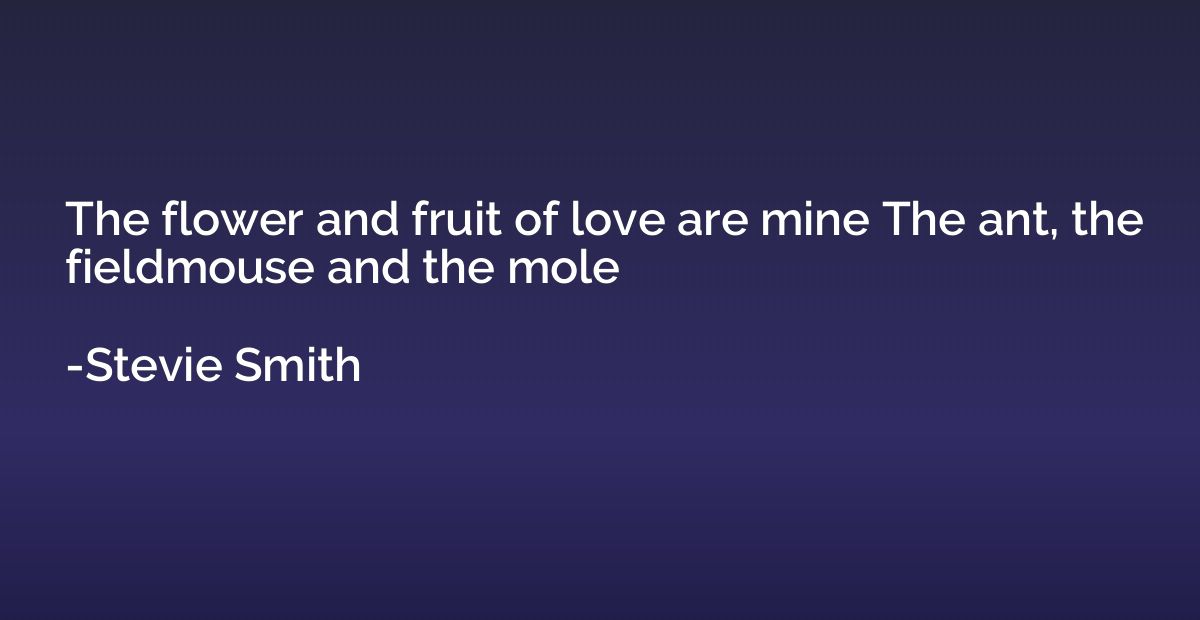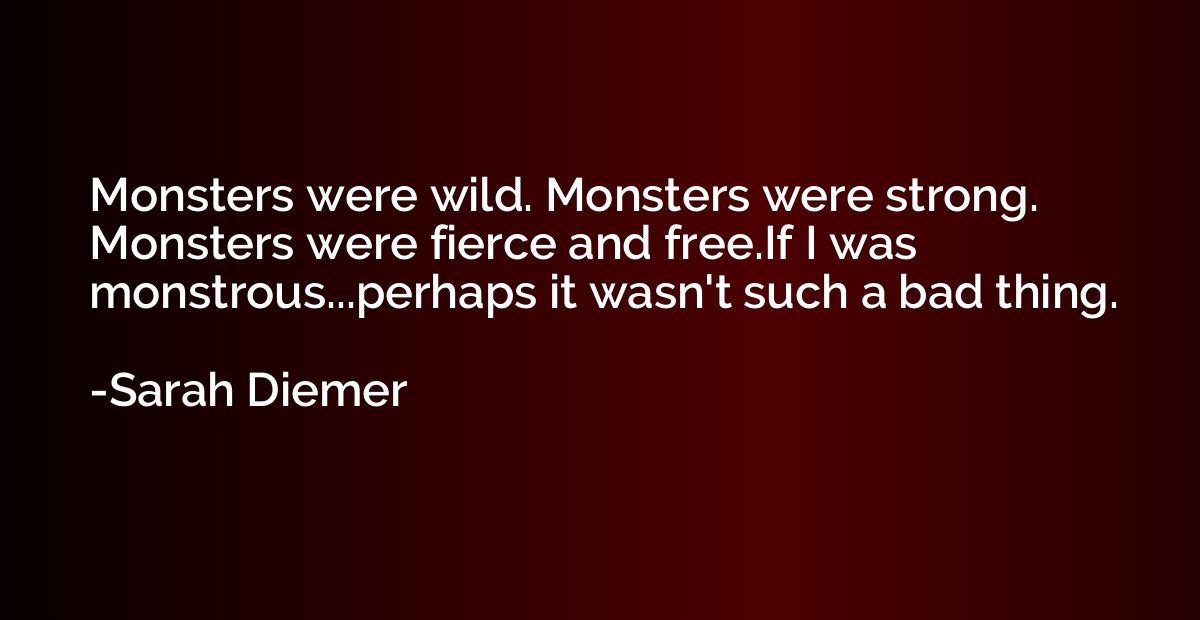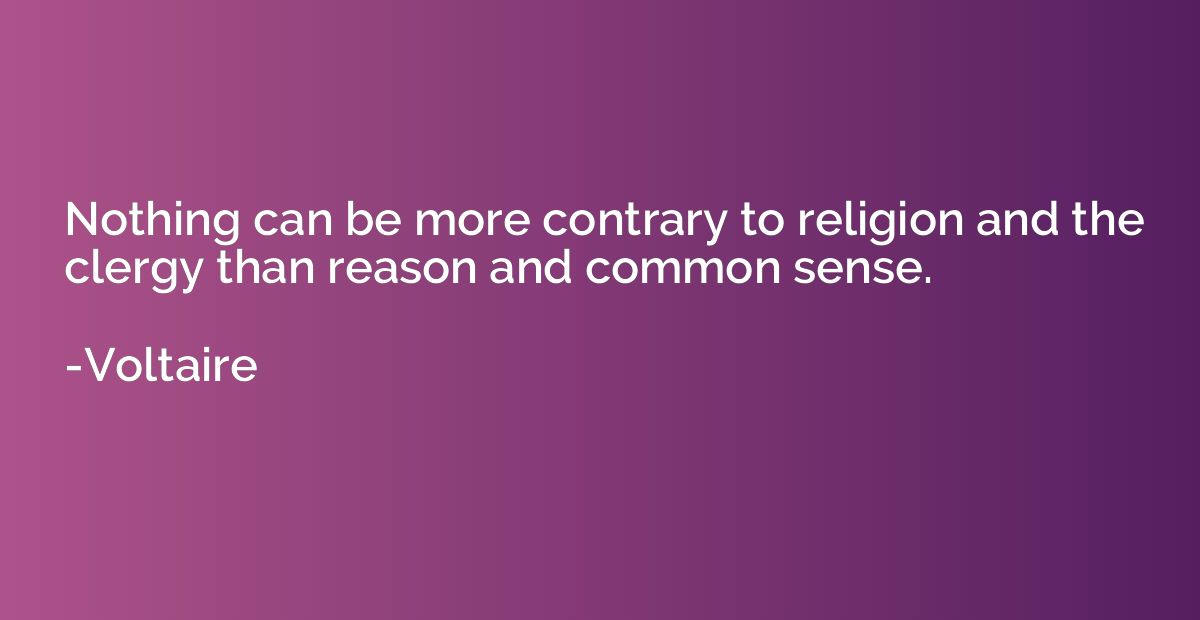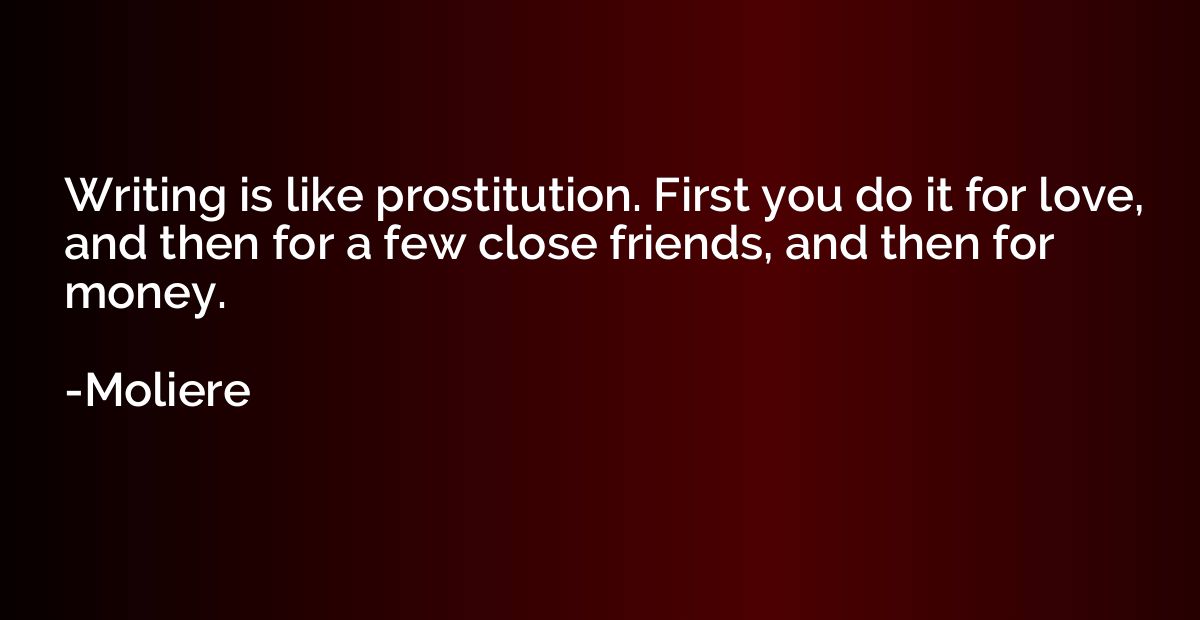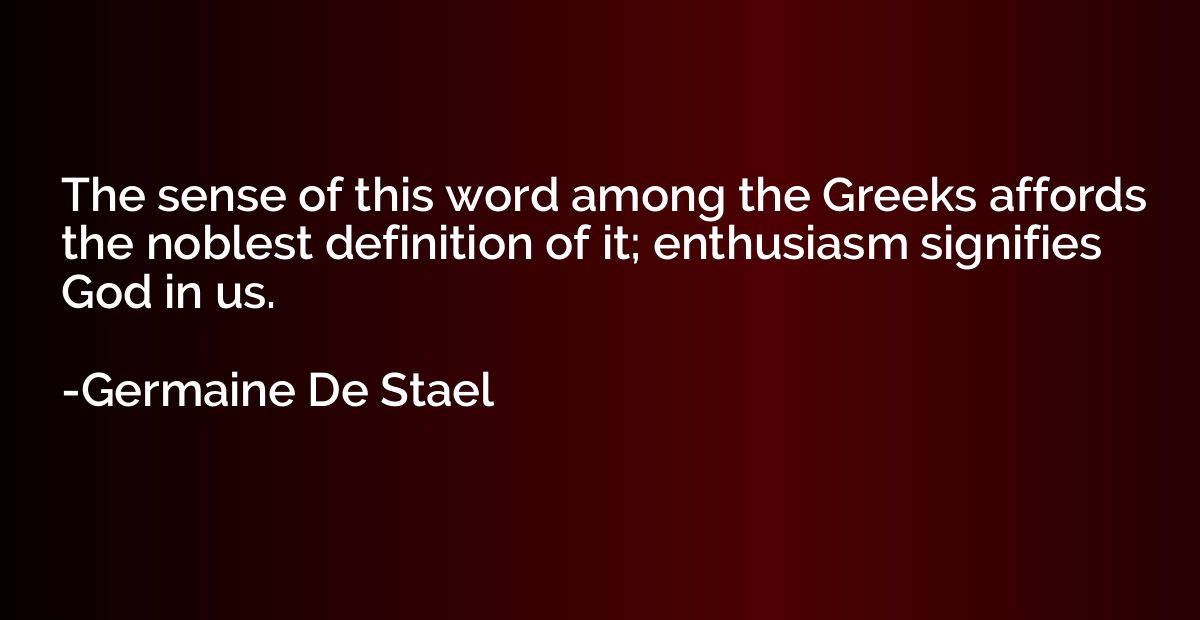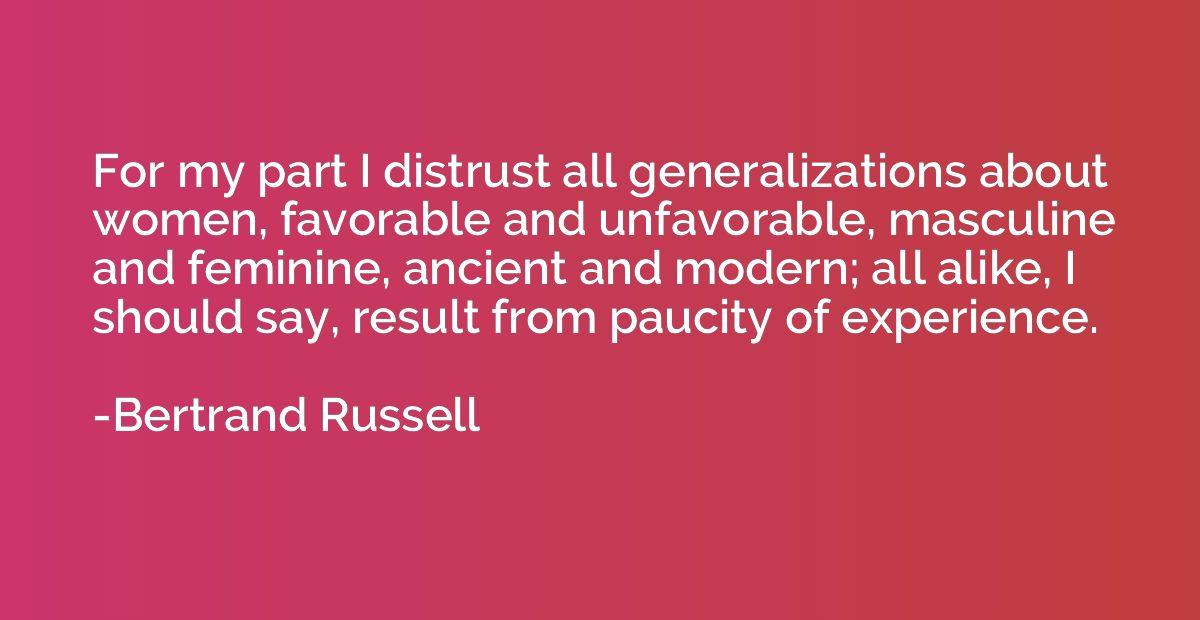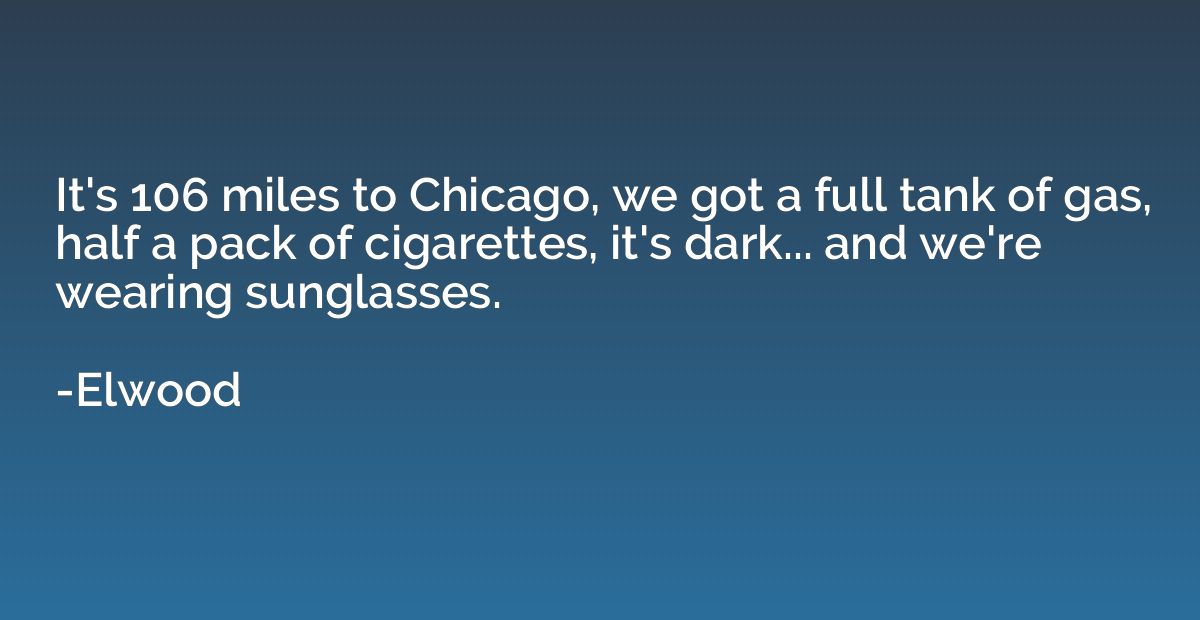Quote by John Dryden
Roused by the lash of his own stubborn tail our lion now will foreign foes assail.
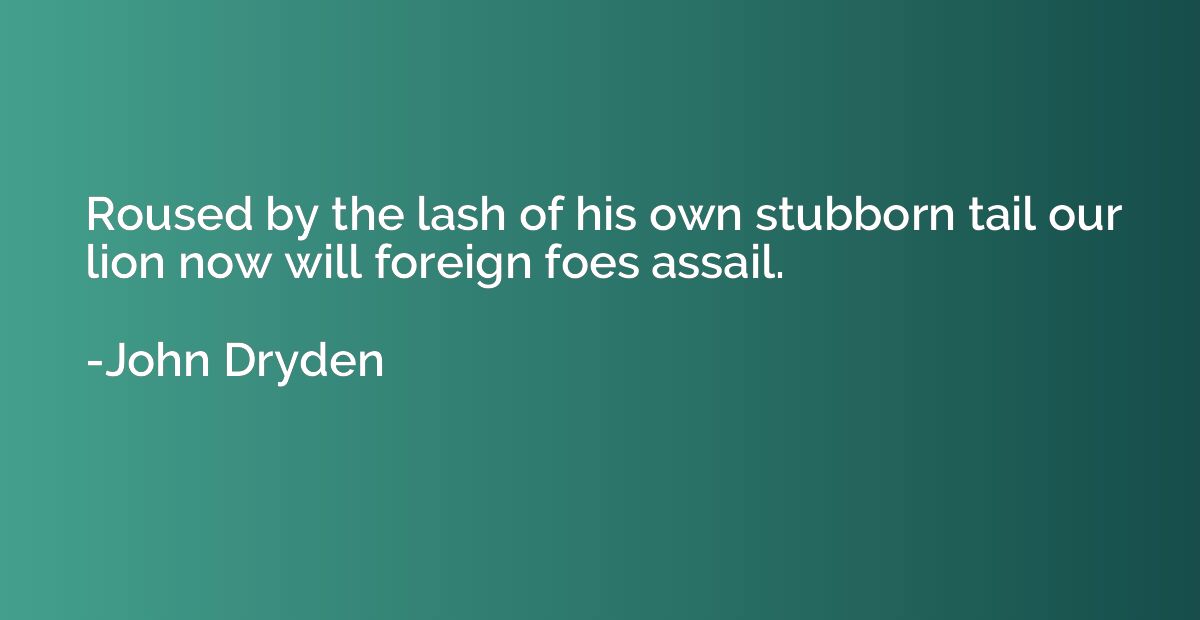
Summary
This quote suggests that a dominant and powerful entity, symbolized by a lion, has been motivated by an internal or self-inflicted adversity (represented by a stubborn tail) to take on external enemies. It implies that the lion, driven by the challenges it faces within itself, becomes even more fierce and determined to confront and defeat its external adversaries. This quote highlights the transformative power of inner struggles in stimulating action and resilience in the face of external challenges.
Topics
War
By John Dryden



